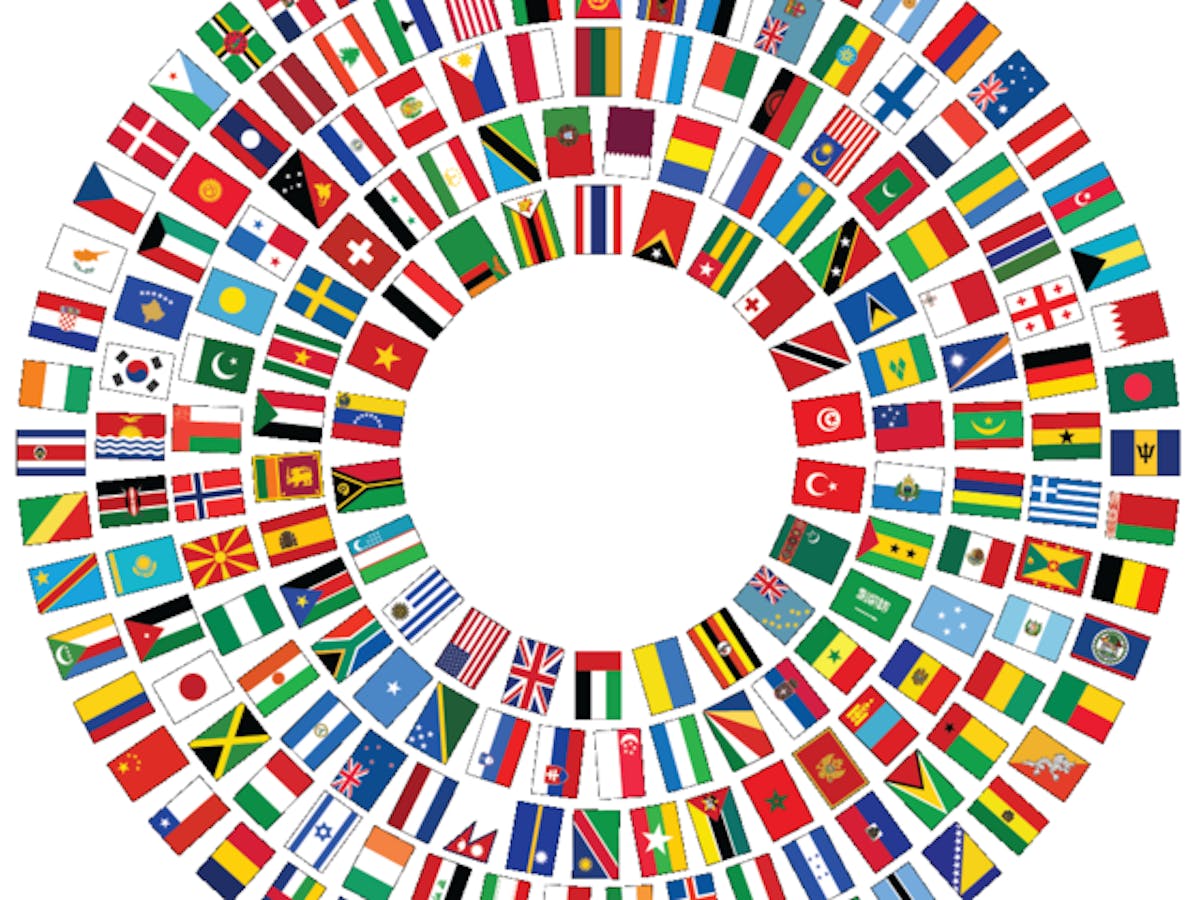The Bretton Woods Institutions at 80: Towards A Bigger, Better and More Inclusive Global Economic Governance Architecture
Published: July 22, 2024

July 2024 marks the 80th anniversary of the Bretton Woods Agreement that established the post-World War II multilateral economic order, including the International Monetary Fund (IMF), the precursor to the World Bank, and early global trade governance systems that provided the structure and form of the World Trade Organization (WTO), established in 1995.
A new flagship report by William N. Kring, Rishikesh Ram Bhandary, Rachel Thrasher, Marina Zucker-Marques and Tim Hirschel-Burns synthesizes the work of the Boston University Global Development Policy Center (GDP Center) on global economic governance focused on the Bretton Woods institutions across three key pillars of financial stability, development finance and trade.
While the Bretton Woods institutions have established a rules-based, multilateral system of global economic governance, the GDP Center’s policy-oriented research finds that this system is in urgent need of fundamental reform. This report recognizes both the benefits and contributions of the multilateral institutions established at Bretton Woods, while identifying areas where reform is required. While these institutions have expanded the range of options available for countries, they are indicative of a long gridlocked system that has not transformed itself to accommodate existing economic realities.
Building on GDP Center research, this report outlines key global economic governance reform proposals to ensure a bigger, better and more inclusive Bretton Woods System in the coming decades. The authors identify pathways to improving global economic governance architecture and ensuring that there are sufficient resources to foster financial stability and development; improving the functioning of the global economic governance system; and increasing voice and representation for emerging market and developing economies (EMDEs) within these institutions.
Policy recommendations:
- Scale up resources for financial stability and development finance.The IMF and the World Bank need to be equipped with resources that are commensurate with the needs and priorities of EMDEs. The World Bank and other development finance institutions need to play a key role in supporting the ‘big push’ of investments needed to achieve development and climate goals. Likewise, a well-resourced IMF is needed for an effective Global Financial Safety Net.The multilateral trading system should facilitate the scaling up of development, climate resilience and mitigation by increasing trade with developing countries in climate-friendly technology and products. An effective response to the climate crisis requires participation by all countries. If the Global South is left behind, without access to key technology to make the energy transition, or stuck once more with the short straw of supplying primary commodities for the new renewable energy supply chains, those countries will be hindered from taking climate action, and will face additional political obstacles to participating in the global project.
- Overhaul lending practices and priorities at the Bretton Woods institutions.The World Bank needs to shift its lending towards supporting structural transformations in EMDEs. This structural shift needs to be supported by appropriately calibrated instruments. The social and environmental risks of a big push need to be minimized and the World Bank operating model needs to better recognize the financial risks faced by members.The IMF needs to improve its lending practices and tools. The IMF and World Bank should improve their Debt Sustainability Analysis framework to account for the necessary development and climate investments and shocks. Moreover, the IMF should eliminate surcharges on borrowing members to avoid further buildup of debt vulnerabilities. Finally, lending conditions and restructuring packages should be connected to growth enhancing plans, rather than austerity packages.WTO members need to proactively transform the multilateral trading system so that it facilitates increased innovation, production and trade in essential climate-related products and discourages continued reliance on fossil fuels.
- Enhance voice and representation across all pillars of the Bretton Woods institutions.For the IMF and the World Bank, a significant rebalancing of voting power must be complemented by fundamental governance reforms to ensure more voice and representation for EMDEs.For the WTO, this means maintaining a commitment to multilateral decision-making, recognizing the economic and social impacts of Global North policymaking on the Global South, and allowing special and differential treatment for those countries that need more flexibility during the energy and economic transition.
Mounting global challenges and intersecting crises require an ambitious multilateral response. The 80th anniversary of the Bretton Woods Agreement presents a key opportunity to transform these institutions to meet the needs and aspirations of people around the world.
